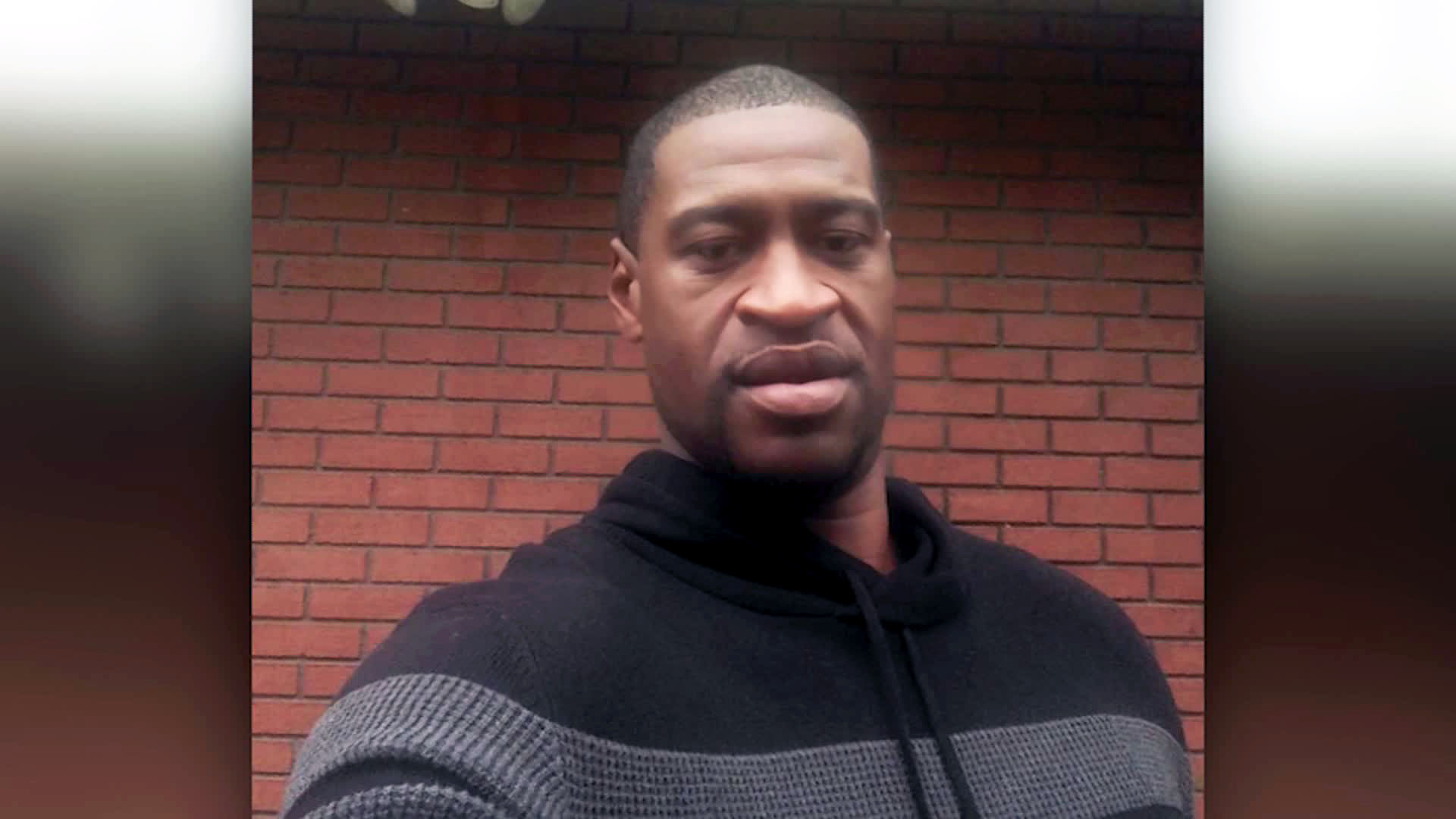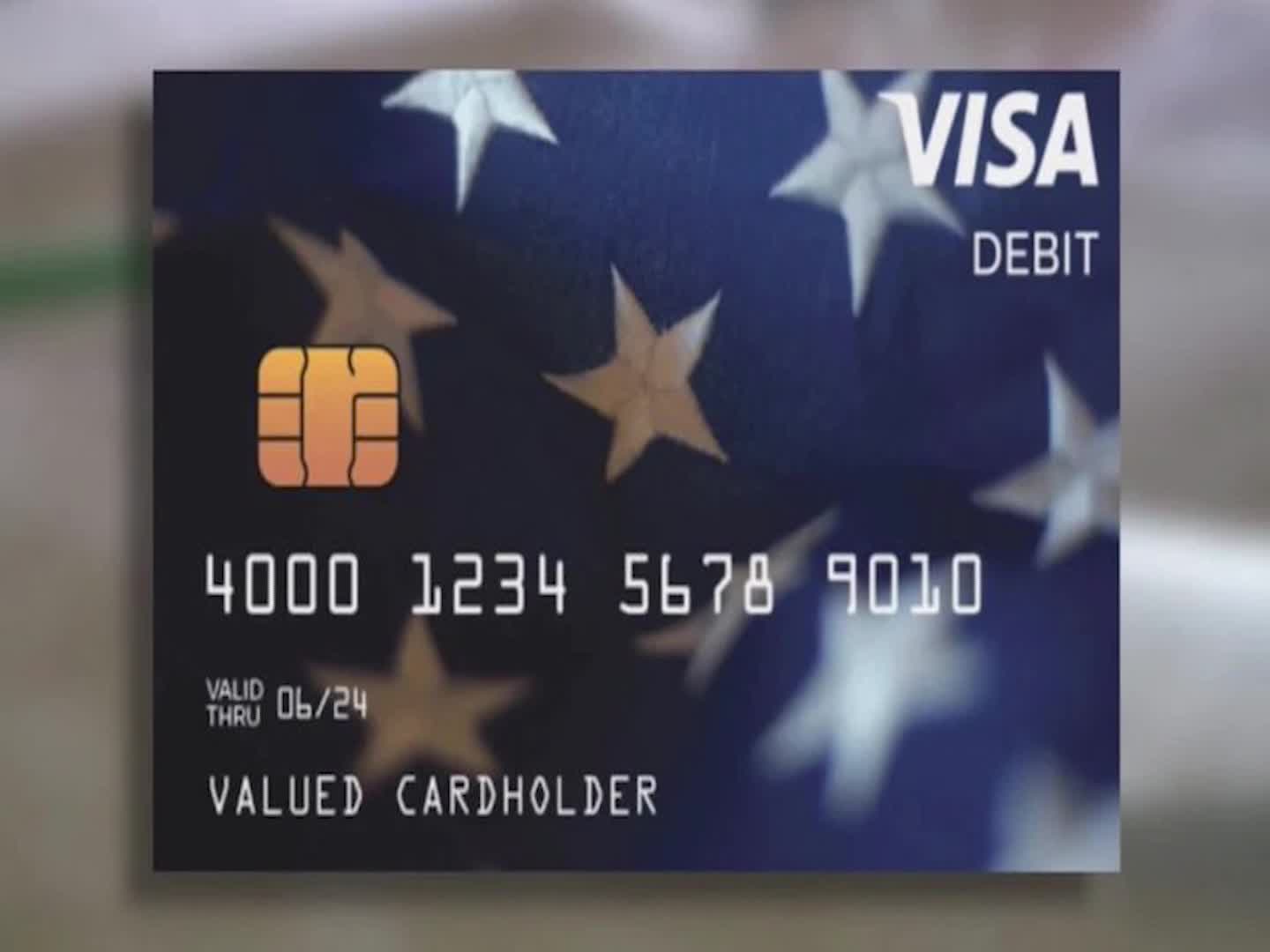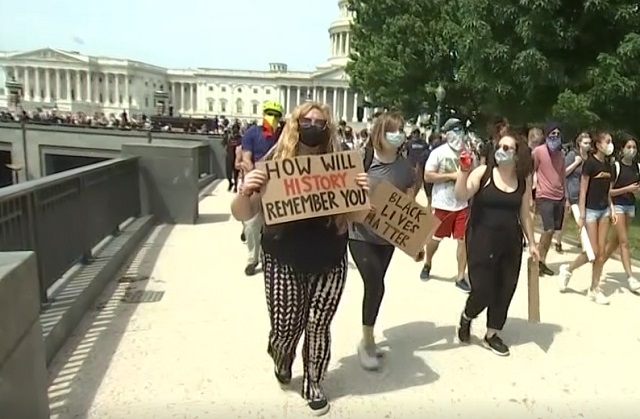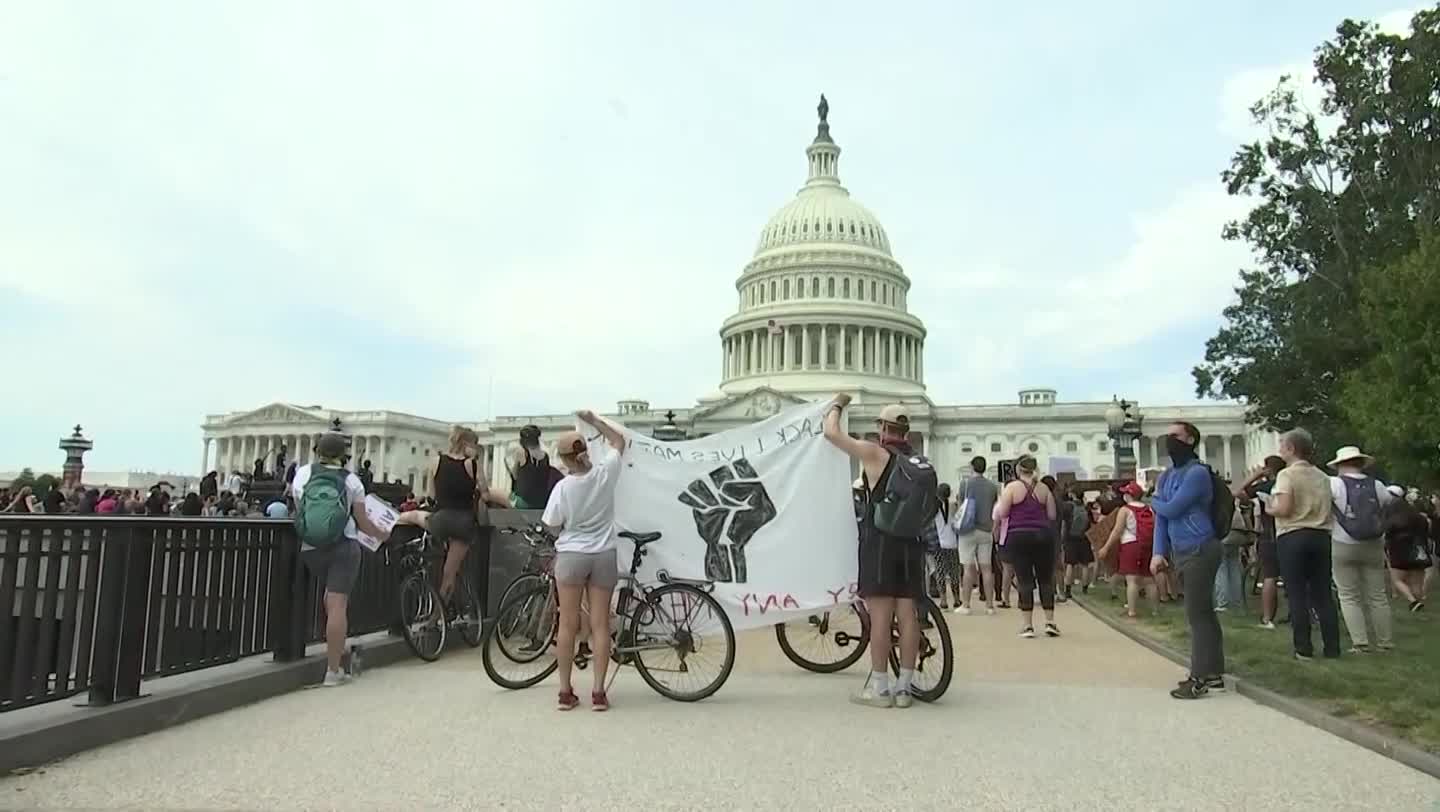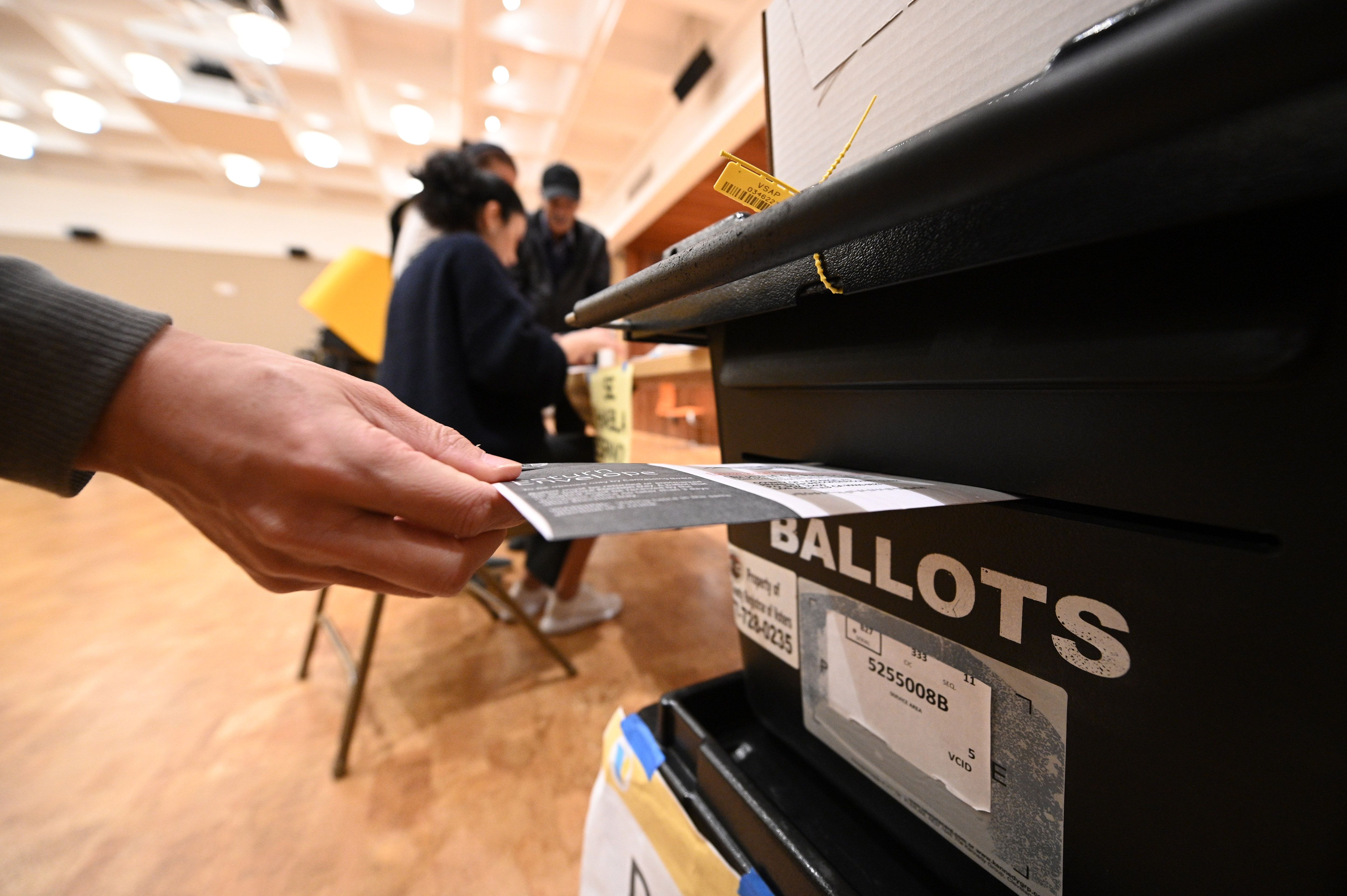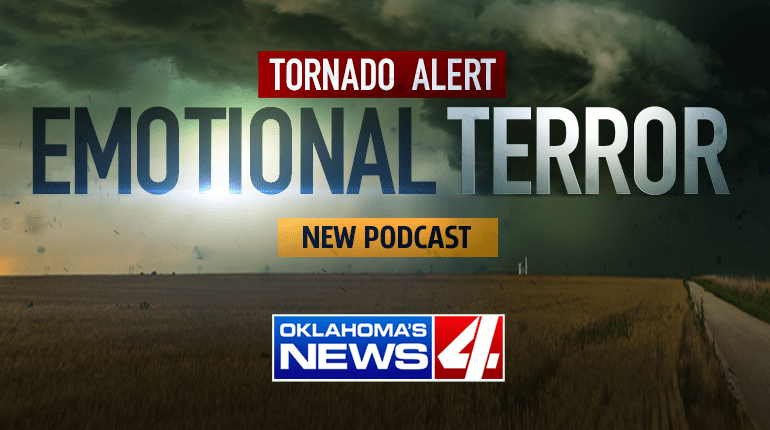CRAIG COUNTY, Okla. – Investigators say they now know who the three men are responsible for killing a couple, kidnapping the couple’s teen daughter and her friend, before killing them, too, nearly 20 years ago. Court documents reveal more than a dozen people said they knew or had even seen evidence of the crimes.
Ashley Freeman and Lauria Bible, both 16, disappeared on December 30, 1999. Bible had gone to Freeman’s house for a birthday sleepover, but that night emergency crews discovered the Freeman home near Welch engulfed in flames. Danny and Kathy Freeman, Ashley’s parents, had been shot in the head and killed, and left inside to burn. The girls were never seen alive by family again.
On Sunday, authorities arrested Ronnie Dean Busick, 66, for the crimes. He’s charged with four counts of first-degree murder, two counts of kidnapping, and one count of arson. Authorities said he was acting alongside Warren Phillip “Phil” Welch II, and David A. Pennington, both of whom died during the investigation.
When the murders occurred, OSBI was called in to help the Craig County Sheriff with the investigation, but an initial investigation didn’t go very far. In 2013, the District 12 District Attorney’s Office got involved, and D.A. investigator Gary Stansill and OSBI Agent Tammy Ferrari began jointly investigating the case in a more active role. Then in 2017, shortly after Craig County Sheriff Heath Winfrey took office, he discovered and turned over a crate of files and evidence pertaining to the case in the office of the previous sheriff, Jimmie Sooter . The probable cause affidavit states the crate contained “some information pertaining to Phil Welch, David Pennington, and Ronnie Busick, as being involved in the murders and missing girls. The crate also contained names of individuals that may possess information.” The information led to numerous interviews that led to Busick’s arrest.
More than a dozen interviews are cited in the probable cause affidavit. Many of those interviewed apparently dated and lived with the accused men. All of the witnesses said either Phil Welch, David Pennington, or Ronnie Busick bragged about the murders, and threatened to kill anyone who went to police. Welch and Pennington were allegedly known to cook methamphetamine together, and several of those interviewed reported the three killed the Freemans over money owed for drugs.
A woman identified as TW lived with Phil Welch in the months following the murders. She stated she heard conversations between the three men in which they implied “the people ‘who were killed in Welch, Oklahoma, had owed them money and had been murdered for that debt. They had taken the two girls that were missing from Welch with them and eventually killed them. Pennington and Busick indicated they had set fire to the home of the murdered people.’” She also told police she discovered a Welch had briefcase full of Polaroids of the girls bound and gagged with duct tape, lying on a bed she recognized to be his, and “in some of the Polaroids she observed Welch lying next to the girls.”
TW told investigators she confronted Welch about it and he told her, “don’t you ever tell anybody or you will end up in a pit in Picher (OK) like those two girls.”
A friend of TW, identified as CM, said TW showed her a polaroid of the two girls on a bed, bound and gagged, facing each other, and said they looked “emaciated.” She said Welch threatened to kill her and her children several times, and throw them in the same pit as the two girls.
A woman who lived with Pennington, identified as LE told investigators he talked about the missing girls all the time she was with him. The affidavit states LE said he called it a “bad drug deal,” and that he “told her that if she ever left him that he would kill her too.”
RE, the son of LE, told investigators he was dating a girl at the time, identified as CB, who was friends with Ashley and Lauria, and was meant to be at Ashley’s house the night they disappeared. Instead, he asked her to stay with him, for which, he said, she credits him with saving her life. RE said while he and his mother were living with Pennington, Welch and Pennington showed him the Polaroids of the girls and “told him that they killed the girls by strangling them.”
A man identified as RH said Busick admitted to him his involvement in the murders and the missing girls. According to the affidavit, RH stated that “Busick told him about how the girls were tied up in a trailer house in Picher where they were raped and tortured.” He said Busick told him Welch was the shooter the night the Freemans were killed, but that Busick and Pennington stayed behind and started the fire. RH said Welch threatened to kill him as well.
A man identified as JR was interviewed while he was incarcerated, and told investigators he walked into a trailer while Pennington, Welch, and Busick and one other unnamed man were looking at the Polaroids of the girls.
Others interviewed include friends of one or all of the men accused, friends of their lovers, and even Pennington’s brother.
No one investigators spoke to could say where the Polaroids are today.
Some witnesses reported they were told by the three men the girls were thrown in a pit, others that they were dropped down a mine shaft in Picher, “later covered in concrete.”
Throughout the interviews, the OSBI and DA investigators learned a private investigative team had also begun an investigation immediately following the incident. Joe Dugan, a private investigator living in Miami, OK, and his partner Tom Pryor had interviewed several people and discovered one of Welch’s ex-girlfriends’ car insurance verification form near the Freeman’s burned down house. The vehicle the insurance card was registered to was thought to be the car the men were driving when they kidnapped the girls. When the OSBI/DA team went looking for the Dugan and Pryor, they discovered Dugan had died in 2009. Pryor told them Dugan’s family tried to give the files on the Freeman case to the Craig County Sheriff’s Office, but that the sheriff’s office refused to take them. Eventually the family destroyed the records. Pryor also said he was told by law enforcement to stop investigating the case.
In 2017, investigators interviewed Ronnie Busick three times before he was arrested. At first, the affidavit states that when Busick was asked about Welch, “his response was that the name ‘sounds familiar,'” that he “remembers the name.” As the interviews continued, he admitted that the three of them “were pretty tight back in those days.” When asked about the murders, he went from saying he remembered hearing about them on the news, to conceding that Welch was probably responsible and that Pennington may have been as well. The investigators criticized him for never directly denying he was involved when they accused him of being there the night the Freemans were killed. After that, the affidavit shows he vacillated between denying his involvement and claiming he couldn’t remember.
The final interview with Busick was conducted November 2, 2017. It lasted several hours, during which time he was primarily interrogated by OSBI Agent Michael Dean. The affidavit states Dean asked him what was keeping him from being truthful, if it was fear of what his (Busick’s) sister would think. The affidavit states “Busick responded by stating, ‘Well yeah.’ Later Agent Dean stated, ‘You’re scared of what your sister would think about you if you told truth. That’s what it is, right?’ Busick responded, ‘yeah.'” The affidavit states that “Agent Dean told Busick that he believes this has been ‘eating’ at him for the past 17 years and that he would be in relief once he told the truth. Busick would listen and nod, but never disclosed his involvement.”
Now investigators and family are determined to find someone who can identify where the girls’ bodies were hidden.
“Somebody knows where these girls are,” said Lorene Bible, Lauria’s mother, “and for me, I need to bring my daughter home.”







